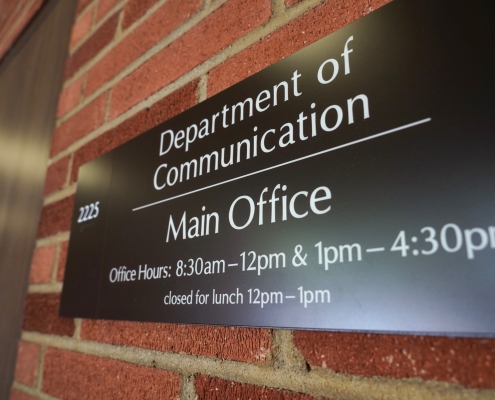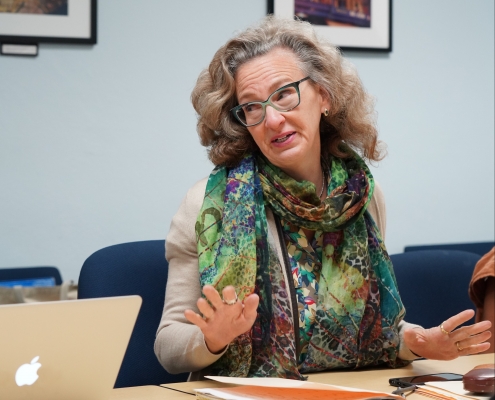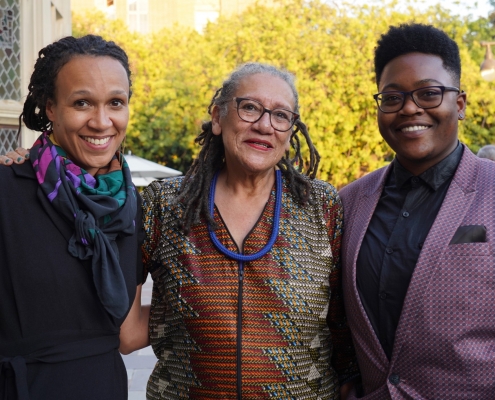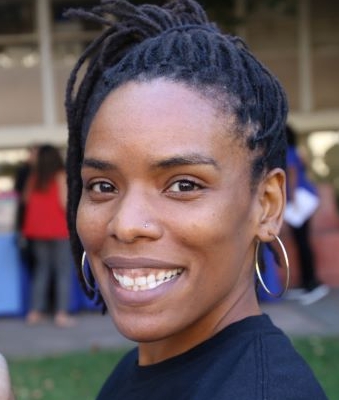
Spotlight on UCLA’s Department of Communication: Alumni Partnerships and a New PhD Program
The UCLA Department of Communication proudly announces rolling…

Do We Make a Difference? Social Change in Theory and Practice
Young people often want to change the world. But when facing…

Recap of UCLA Symposium “On the Matter of Blackness in Europe: Transnational Perspectives”
On October 10-11, 2019, a two-day symposium co-organized…

LA Social Science Scholar Profile: The Rise of Jasmin A. Young
Jasmin A. Young is currently a University of California President’s…

